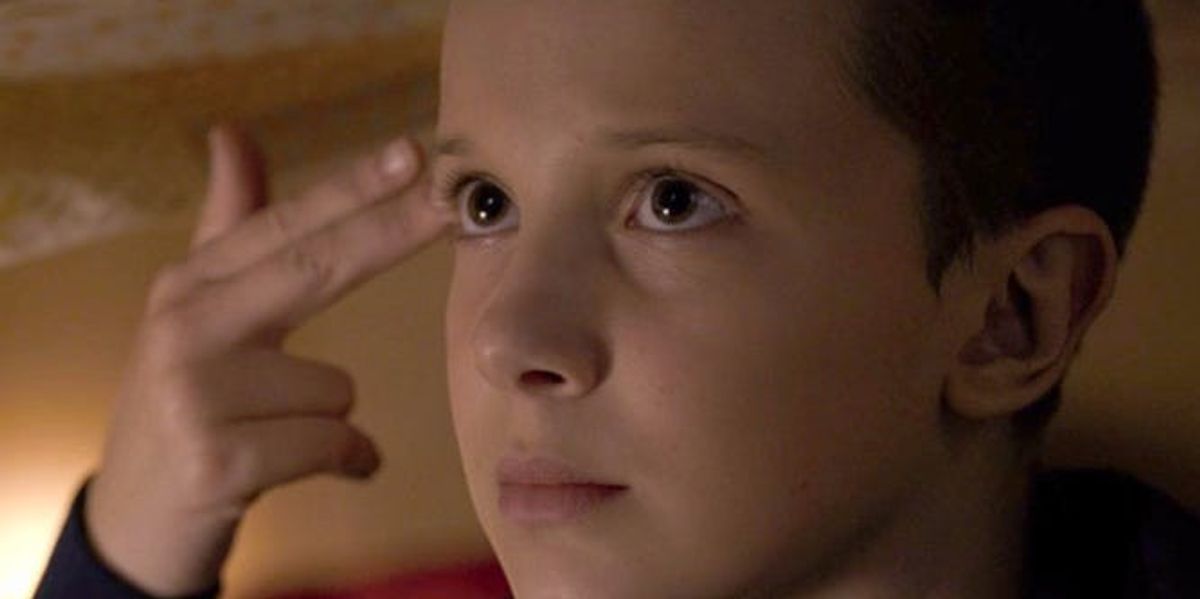
I think we can all admit that sometimes when we’re watching TV at home, we have our phones out at the same time. After a long day of picketing, I like to toss on Cheers and check my email. It happens. But when I sit down to watch a movie, to really study a story (like I did with the Cheers pilot), I devote all my attention to the screen when I can.
However, streamers aren’t making shows or movies for that level of thinking anymore, or, at least, they’re trying to be cognizant of that fact. Streamers are advocating for stories that you can understand while only paying half attention.
Today, I came across this amazing interview with Justine Bateman in The Hollywood Reporter. For those of you who don’t know, Justine Bateman is a writer, director, and producer. Recently, she contributed her expertise as an AI consultant for SAG-AFTRA’s negotiating committee.
Bateman began her career in Hollywood with an acclaimed and Emmy-nominated portrayal of Mallory Keaton on the TV show Family Ties.
In her interview, Bateman discussed a range of ideas in Hollywood, but one quote about storytelling shook me to my core.
Bateman said, “I’ve heard from showrunners who are given notes from the streamers that ‘This isn’t second screen enough.’ Meaning, the viewer’s primary screen is their phone and the laptop and they don’t want anything on your show to distract them from their primary screen because if they get distracted, they might look up, be confused, and go turn it off. I heard somebody use this term before: they want a ‘visual muzak.’ When showrunners are getting notes like that, are they able to do their best work? No.”
It’s hard to put into words how horrifying this situation is to hear for a writer and for anyone interested in storytelling as a career. The very idea that streamers would want us to dumb down material so people who are not watching won’t lose their place is the direct antithesis of the art we all strive to create.
As a writer, I pride myself on the twists and turns in my screenplays. I love the feeling of taking the audience on a journey. And while I know they might look at their phones during it, I hope that what I’m doing is so good it encourages them to put it down and stay with me for a while.
That’s the kind of work we should be encouraging.
I hope the town comes to its senses before it’s too late.














